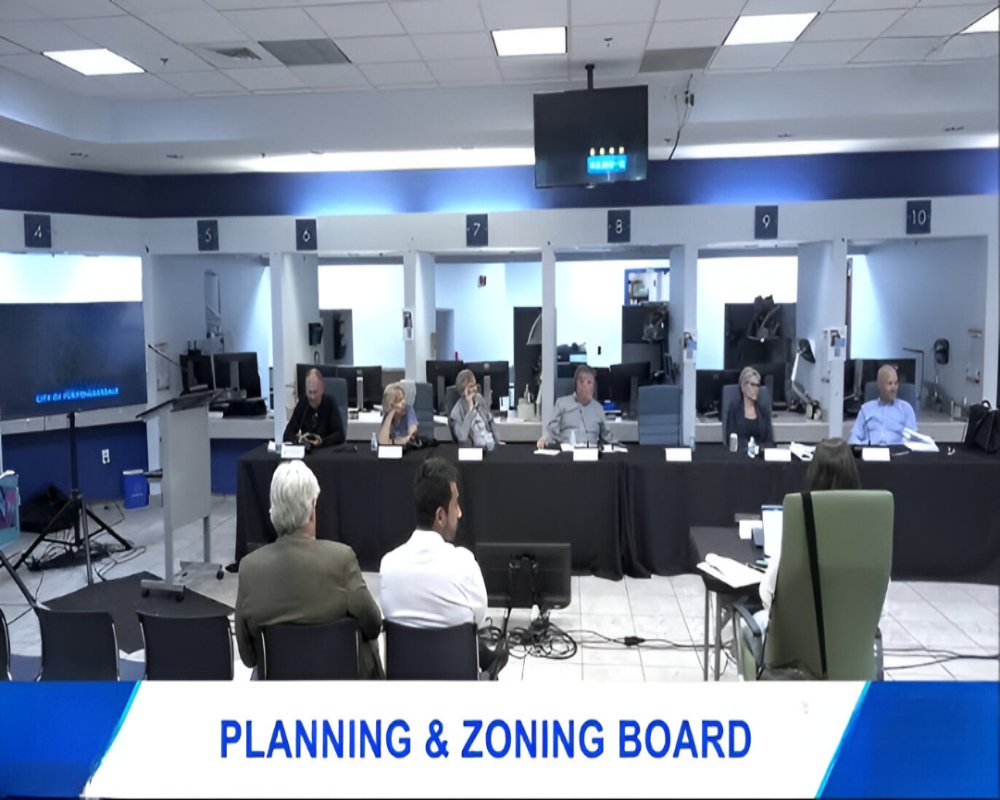Approvals Based on Proposed Use and Zoning Compliance
Planning and zoning boards evaluate whether the proposed development aligns with the property’s current zoning designation and local land use plans. Depending on the project’s nature, several types of approvals may be required.
- Zoning confirmation or interpretation for by-right developments
- Rezoning or zoning map amendment if the proposed use does not match existing zoning
- Text amendments for changes to zoning code definitions or standards
Discretionary Approvals for Non-Conforming or Special Uses
Projects that don’t fully comply with zoning regulations or that involve higher-impact uses typically require discretionary approval from planning commissions or zoning boards.
- Conditional Use Permits (CUPs) for uses allowed only under specific conditions
- Variances for relief from dimensional requirements like height, setbacks, or parking
- Site plan or development plan approvals to ensure layout, design, and access meet local standards
Involves Public Hearings and Board Review Process
Most approvals from planning or zoning boards require formal applications, public notice, and hearings. Boards consider staff reports, public input, and legal criteria before rendering decisions.
- Planning commissions review long-term impacts, infrastructure needs, and land use consistency
- Zoning boards of adjustment (ZBA) handle variances and appeals
- City councils or county boards may provide final approval after board recommendations


